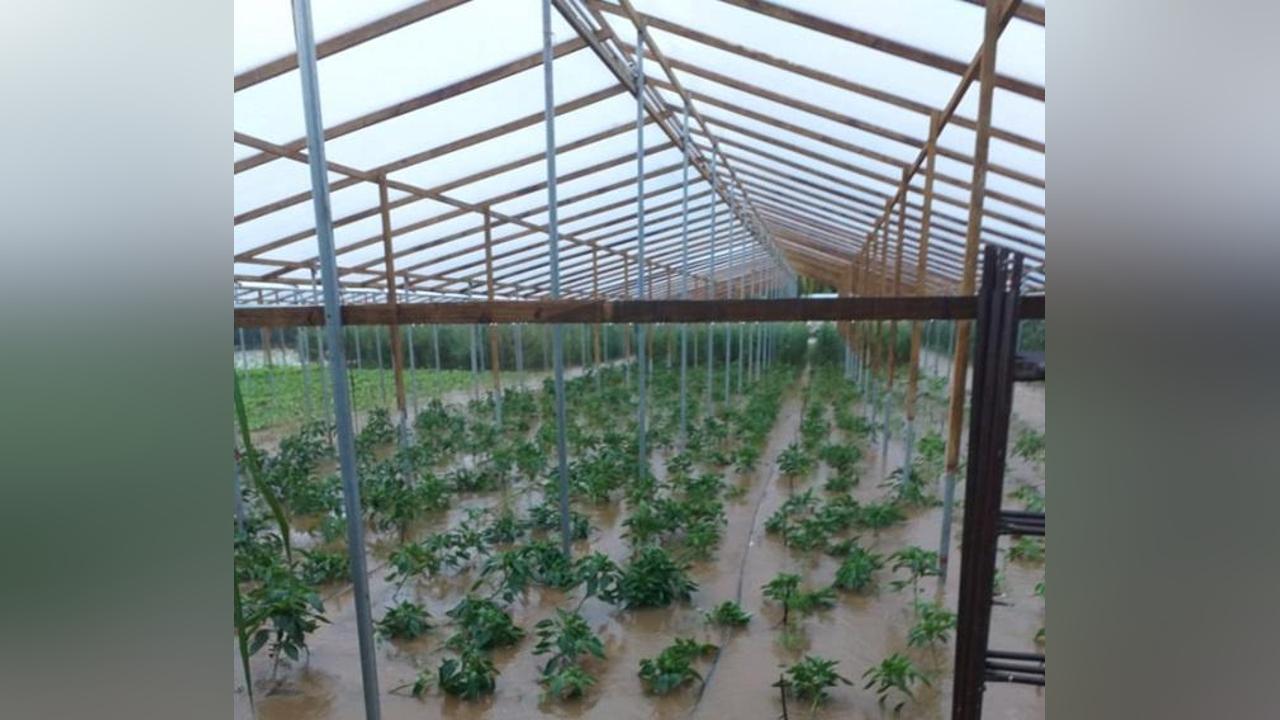Africa-Press – Seychelles. Key players in the agricultural sector met at the Eden Bleu hotel on Wednesday to discuss ways to better prepare the country for the effects of climate change.
This is part of prepartion work for a project the Food and Agriculture Organisation (FAO) will be undertaking under the Special Climate Change Fund (SCCF) under the Global Environment Facility’s eighth replenishment (GEF8).
Representatives from the agricultural sector, the finance department and non-governmental organisations decided on key projects they wished to implement to make the sector more robust against the impacts of climate change.
“Climate change poses significant financial risks to our farmers, who often lack the resources to recover from climate-related losses. The SCCF can provide financial support, including grants and low-interest loans, to help farmers invest in climate-resilient infrastructure and technologies,” said principal secretary for agriculture, Keven Nancy, in his address.
The FAO consultant for Seychelles, Barry Nourrice explained that this focus on food security is not only to increase food production but also to improve the way food is produced that is adapted to climate change.
“Previous interventions mainly targeted mitigation, but with this one focusd on adaptation, we may apply these methods to those we are already using in the field,” he said.
This will help established farms, food processing businesses and those carrying out studies on the topic among others.
As a result, Seychelles will be able to put in place strategies that will vastly improve the agricultural sector by using robust methods to deal with the impact of climate change.
In addition to developing strategies specifically tailored to Seychelles’ needs, Nancy explained that the project will also provide technical support in capacity building and develop innovative adaptation.
He added that the project “offers a lifeline to our nation, enabling us to adapt to the changing climate and transform our agriculture sector”.
Nancy also said that the meeting will help tackle some of the challenges faced in the agricultural sector such as seawater flooding farms found on the coasts or using water-saving devices.
Once the projects are identified, they will be submitted to GEF, who will evaluate Seychelles’ bid.
“GEF will also provide their input as to what can be improved if they find a need before going to the next step of drafting the documents to access the funding,” explained Nourrice.
The project will make US$ 3 million available – of which US$ 2.64 will be in the form of grants to support the proposed interventions from the stakeholders.
For More News And Analysis About Seychelles Follow Africa-Press






